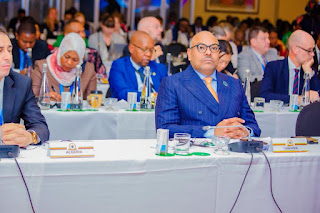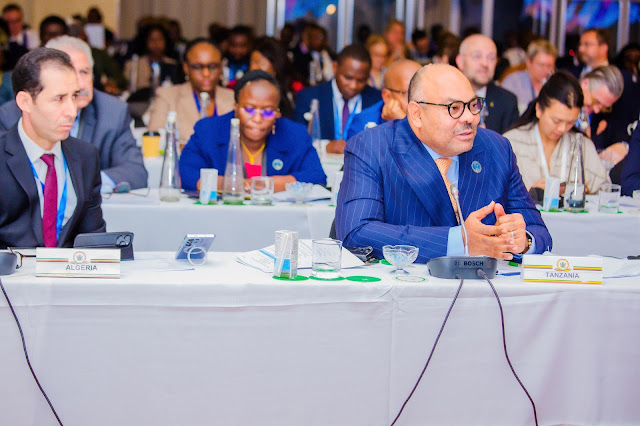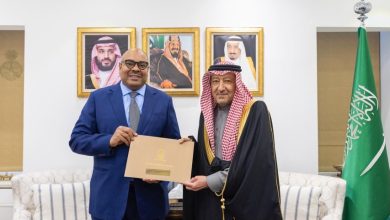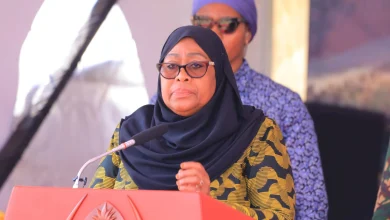Minister Kombo: Africa–Nordic cooperation key to peace, sustainable growth

ZIMBABWE: THE Minister for Foreign Affairs and East African Cooperation, Ambassador Mahmoud Thabit Kombo, has described the Africa–Nordic Meeting as a vital platform for addressing pressing issues facing the continent and identifying collective solutions through international collaboration.
Speaking during the 22nd Meeting of Foreign Ministers between African nations and the five Nordic countries—Denmark, Norway, Sweden, Iceland, and Finland, Amb Kombo noted that many of today’s global conflicts, including those affecting Africa, stem from unresolved border disputes, competition over resources, youth unemployment, ethnic tensions, and weak early-warning systems for conflict prevention.
He pointed out that global forums such as this offer valuable opportunities to bring together diverse expertise and shared experiences to tackle common challenges.

According to the Tanzanian minister, sustainable peace in Africa must be rooted in proactive conflict prevention rather than reactive crisis management.
Amb Kombo also underlined the transformative role of technology and innovation in building resilient communities and shaping a peaceful and prosperous future.
He urged African governments and partners to place youth at the centre of development policies, noting that young people represent the continent’s greatest asset.
“There is an urgent need to invest in policies and programmes that create decent jobs, nurture creative talent, and expand access to technology, so that young people can actively contribute to strong economies and stable societies,” he said.
ALSO READ: Tanzania advocates for strengthening political will, reinforcement of solidarity in Africa
Closing the meeting, Zimbabwe’s Minister of Foreign Affairs and International Trade, Professor Amon Murwira, said the discussions had focused on deepening cooperation in science, technology, and innovation.
Particular attention was given to ensuring youth voices are reflected in policy-making processes, and to strengthening innovation systems led by young people.
Prof Murwira listed key sectors identified during the meeting as clean energy, employment, infrastructure, climate-smart agriculture, and responsible mineral extraction.
He noted that the objective going forward is to align policies, encourage joint investment, and gradually shift away from donor dependency towards partnerships anchored in trade and investment.
He also called for improvements in rail infrastructure across the continent and proposed the creation of a coordination platform to ensure that the commitments made are translated into concrete action





